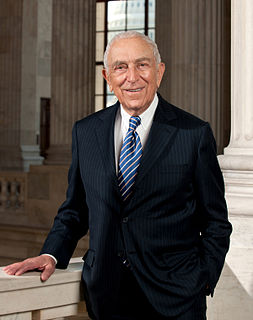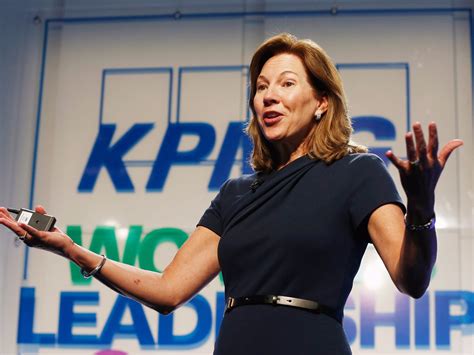A Quote by Tom Peters
Innovation comes only from readily and seamlessly sharing information rather than hoarding it.
Quote Topics
Related Quotes
Throughout the history of the Internet, most of the innovation has come as a by-product of efforts to facilitate communication within social groups of various kinds (academics, bloggers, peer-to-peer file sharing), rather than as the result of profit-oriented investment. Rather than taking the lead, the business and government sectors have adopted innovations developed in Internet communities, and realised significant productivity gains as a result.
But innovation is more than a new method. It is a new view of the universe, as one of risk rather than of chance or of certainty. It is a new view of man's role in the universe; he creates order by taking risks. And this means that innovation, rather than being an assertion of human power, is an acceptance of human responsibility.
We have more information - a glut of information - than ever before, and perhaps less knowledge. That's what's peculiar. And the only way you can deal with it, I suppose, is to make fun of it. I would rather watch Comedy Central for the news than I'd like to watch any other program on television. Maybe that shows you the state of affairs.
Governmental surveillance is not about the government collecting the information you're sharing publicly and willingly; it's about collecting the information you don't think you're sharing at all, such as the online searches you do on search engines... or private emails or text messages... or the location of your mobile phone at any time.
Innovation is fostered by information gathered from new connections; from insights gained by journeys into other disciplines or places; from active, collegial networks and fluid, open boundaries. Innovation arises from ongoing circles of exchange, where information is not just accumulated or stored, but created. Knowledge is generated anew from connections that weren't there before.



































